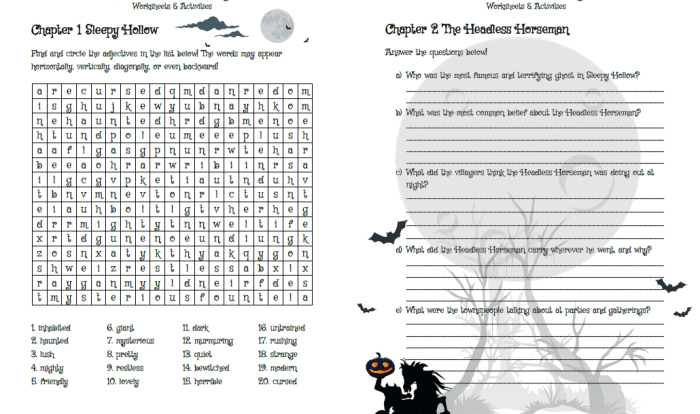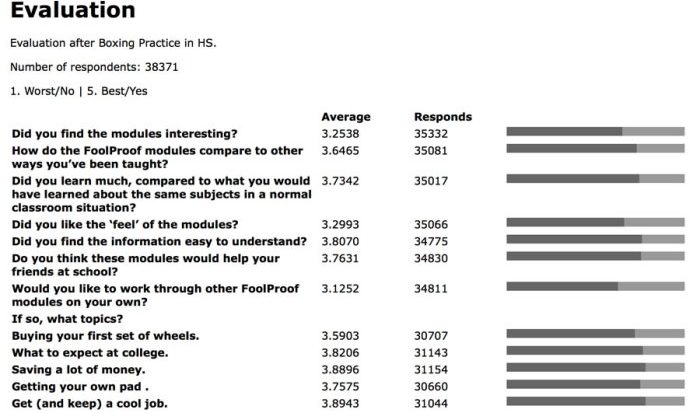Lesson 11.3 learning the key terms – Embark on a captivating journey through Lesson 11.3: Learning the Key Terms, where we unlock the gateway to effective learning. Join us as we explore the significance of key terms, unravel strategies for mastering them, and delve into their applications across diverse disciplines.
Get ready to elevate your understanding and empower your critical thinking skills.
Throughout this lesson, we will delve into the intricacies of key terms, their importance in education, and the most effective strategies for memorizing and retaining them. We will uncover the role of spaced repetition, active recall, flashcards, concept maps, and other tools in facilitating term retention.
Furthermore, we will explore the applications of key terms in various subject areas, emphasizing their role in organizing and understanding complex concepts.
Definitions
Key terms are fundamental concepts or ideas that form the foundation of a particular subject or domain. They are essential for understanding the subject matter and communicating effectively within that field.
In educational settings, key terms are often highlighted in textbooks, lectures, and other learning materials. They may be defined explicitly or implied through context.
Importance of Understanding Key Terms
Understanding key terms is crucial for effective learning for several reasons:
- Building a Strong Foundation:Key terms provide a solid foundation for understanding more complex concepts and theories.
- Facilitating Communication:A shared understanding of key terms enables clear and efficient communication among students, teachers, and experts.
- Developing Critical Thinking:Analyzing and defining key terms helps students develop critical thinking skills and a deeper understanding of the subject.
- Enhancing Memory:Understanding key terms improves memory and recall by providing a framework for organizing and storing information.
Strategies for Learning Key Terms
Memorizing key terms is crucial for understanding and retaining complex concepts. Here are some effective strategies to enhance your term retention:
Spaced Repetition
Spaced repetition involves reviewing terms at increasing intervals. This method strengthens memories by forcing your brain to actively recall information. Use flashcards or spaced repetition apps to implement this strategy.
Active Recall
Active recall is the process of actively trying to remember information without looking at your notes. Test yourself regularly by writing down definitions or answering questions. This forces your brain to work harder and improves retention.
Flashcards
Flashcards are a classic tool for learning key terms. Create flashcards with the term on one side and the definition on the other. Regularly review your flashcards to reinforce memory.
Concept Maps
Concept maps visually connect key terms and concepts. Create a diagram linking terms and their relationships to enhance your understanding and retention.
Applications of Key Terms
Key terms are not just limited to specific subject areas; they are essential tools across various disciplines. They provide a common language and understanding among students, educators, and professionals.
In science, key terms define complex concepts and processes. For instance, in biology, the term “mitosis” describes the process of cell division. Understanding this key term helps students comprehend the fundamental mechanism of cell growth and reproduction.
Social Sciences
Key terms play a crucial role in social sciences, where they define abstract concepts and theories. In sociology, the term “social stratification” refers to the hierarchical arrangement of individuals or groups within a society. Understanding this key term enables students to analyze and understand social inequality and its impact on society.
Critical Thinking and Problem-Solving
Key terms are essential for critical thinking and problem-solving. They provide a framework for analyzing information, identifying patterns, and developing solutions. For example, in mathematics, the key term “algorithm” describes a step-by-step procedure for solving a problem. Understanding this key term empowers students to approach complex mathematical problems systematically and efficiently.
Assessment of Key Term Understanding
Assessing students’ understanding of key terms is crucial for effective teaching and learning. It helps educators determine the extent to which students have grasped the core concepts and vocabulary of a subject.
Methods for Assessing Key Term Comprehension
Various methods can be employed to assess key term comprehension:
- Multiple-Choice Questions:Students are presented with a list of possible answers and select the one that best defines the key term.
- Short Answer Responses:Students write brief definitions or explanations of key terms, demonstrating their understanding in their own words.
- Essays:Students write extended responses that incorporate key terms, providing evidence of their comprehension and ability to apply the terms in context.
Importance of Feedback
Providing students with feedback on their understanding of key terms is essential. Feedback helps students identify areas where they need improvement and reinforces their understanding of the terms.
Feedback can be provided through written comments, verbal discussions, or self-assessment exercises. It should be specific, timely, and actionable, guiding students towards a deeper understanding of the key terms.
Technology for Learning Key Terms: Lesson 11.3 Learning The Key Terms
In the digital age, technology offers a plethora of tools to enhance key term learning. Online flashcards, interactive quizzes, and gamified apps provide engaging and personalized experiences that cater to diverse learning styles.
Online Flashcards, Lesson 11.3 learning the key terms
Digital flashcards, such as Anki or Quizlet, allow students to create customized decks of key terms and definitions. Spaced repetition algorithms optimize the review process, ensuring that terms are encountered at optimal intervals for maximum retention.
Interactive Quizzes
Online quizzes, like Kahoot! or Blooket, transform key term learning into a game-like experience. These interactive platforms engage students through real-time competitions and provide instant feedback, reinforcing understanding.
Gamification and Personalized Learning
Gamification elements, such as points, badges, and leaderboards, introduce a sense of fun and motivation. Personalized learning platforms adapt to individual learning paces and preferences, tailoring the content and delivery methods to each student’s needs.
FAQ Guide
What is the significance of key terms in education?
Key terms form the foundation of any subject area, providing a shared vocabulary and conceptual framework that enables effective communication and understanding.
How can I effectively memorize key terms?
Spaced repetition, active recall, flashcards, and concept maps are proven strategies for enhancing term retention.
What are some tips for applying key terms in different subject areas?
Key terms help organize and understand complex concepts in all disciplines. They serve as building blocks for critical thinking and problem-solving.

